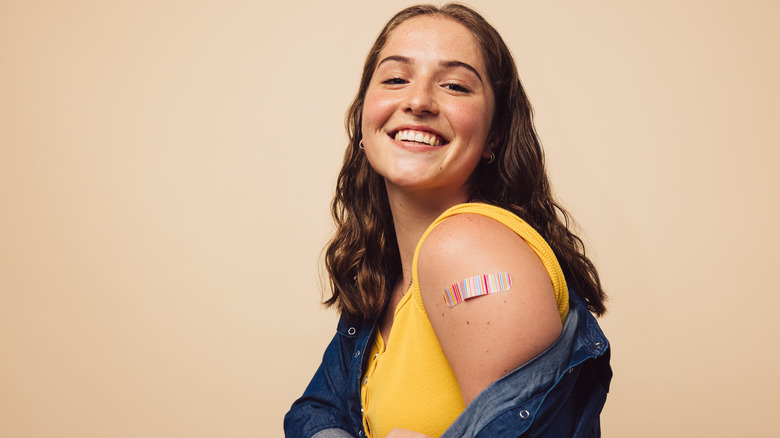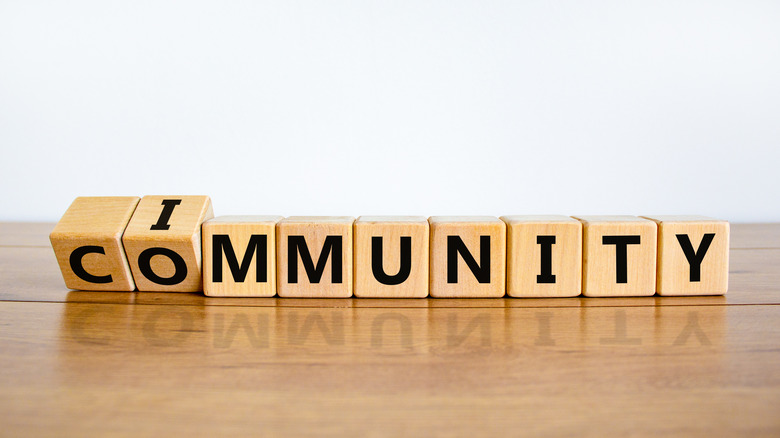The Real Reason Not Everyone Can Receive Vaccines
The development of vaccines against deadly diseases has saved countless lives over the centuries. The world's first vaccine against a contagious disease was for smallpox. Developed in 1796 by Edward Jenner, the vaccine was so effective that by 1980 the World Health Organization declared that natural outbreaks of smallpox had been eradicated (via World Health Organization).
When it comes to vaccination, there are some people who choose to opt out. But there are many others who would take advantage of life-saving technology and are just not able to. For those who can't receive vaccines, the reasons are as complicated as they are distressing.
Currently, there are vaccines for over 20 deadly diseases found throughout the world. Influenza (flu), measles, tetanus, diphtheria, and pertussis are examples of infectious diseases that can be suppressed by vaccines. When more people get vaccinated, the risks of global disease outbreaks decrease, and the average length and quality of life increase. But several factors, including of lack of access to resources, prevent some countries from getting a sufficient supply of vaccines, meaning millions of people do not have access to these crucial healthcare tools. When people don't get vaccinated, the risk of viral mutations and bacterial resistance increases, which can be hard to overcome. If countries do not keep up with vaccinating their citizens, new disease outbreaks can take hold, and diseases that were once rare will become common again (via Centers for Disease Control and Prevention).
Getting vaccinated can protect those who are unable to
In the United States, the Centers for Disease Control and Prevention (CDC) make recommendations for who should and should not receive certain vaccines (via Healthline). Health conditions and age can make it dangerous for some people to get vaccinated (via CDC). For example, if you've ever had a severe reaction to a vaccine, the CDC recommends no longer receiving that particular vaccine. Those with compromised immune systems should also avoid many of the current vaccines, since their immune systems wouldn't be able to react safely. Because a vaccine is made of different ingredients, people with allergies to any of the components used to carry the vaccine should not get it. People with egg allergies used to be unable to get the flu vaccine, but the CDC now says that it's safe to do so.
It's important to follow your doctor's recommendations for when and how to get vaccinated. Vaccines are not foolproof, but they drastically reduce the chances that you'll get an infectious disease. There are specific schedules for infants, children, and adults to follow in order to get the most protection from vaccines. If you're able to get vaccinated, it's important to do so not only to protect yourself, but to protect those around you who may not be able to get vaccines because of health or age restrictions. The fewer people in a population that have a specific disease, the less likely it will be for an unvaccinated person to contract it.


